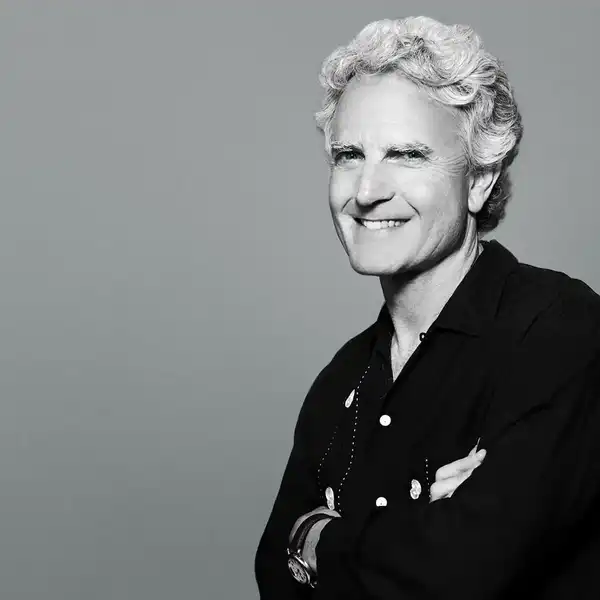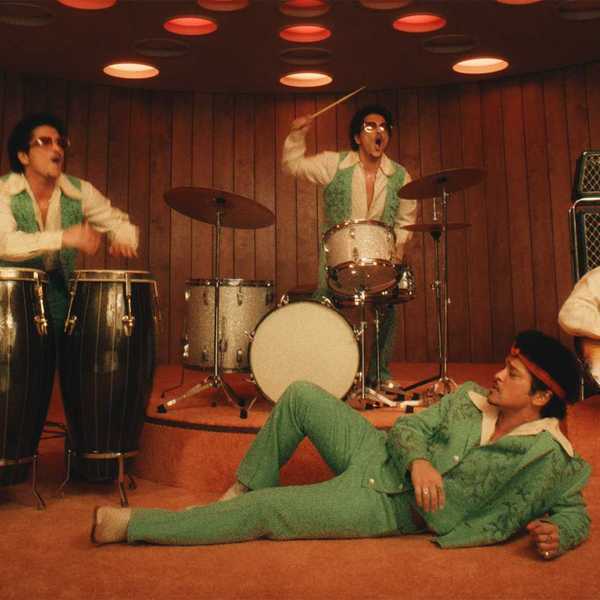Five Questions With… Dana Sipos
The acclaimed Toronto-based avant-folk artist has just released a new album, Trick Of The Light. Here she discusses her wanderlust, the magic of Mary Margaret O'Hara, Jerry Springer's podcast, and the fight for gender parity in music.

By Jason Schneider
Toronto-based singer/songwriter Dana Sipos has lived in virtually all corners of Canada, a wanderlust that infuses her music with a hypnotic surrealism.
The 10 songs on her new album Trick Of The Light (Roaring Girl Records) sound well-travelled as well, echoing the traditions of the Blue Ridge mountains of Appalachia, the Kentucky foothills, the wilds of Tennessee and the rolling hills of Virginia. It is partly by chance and partly by choice that rural, mountainous regions of the U.S. inform so much of the music, along with the pull of the tides, amateur palm readers, guiding lighthouses and hurricane season.
In making Trick Of The Light, Sipos employed the help of experimental Toronto producer Sandro Perri, and songs feature guests Mary Margaret O’Hara, Jesse Zubot and Doug Tielli. It follows up her 2015 release Roll Up The Night Sky, which was nominated for a Canadian Folk Music Award in the category “Pushing The Boundaries.”
Indeed, Sipos’ rhythmic, finger-style guitar playing and haunting voice have drawn comparisons to Nick Drake and Gillian Welch, while the songs themselves draw the listener into a strange and mystical place, shining a light in the darkness.
She will be performing in Ontario and eastern Canada this summer, and for more info, go to danasipos.com.
You've lived in many different parts of Canada and other places in the world. Would you describe yourself as a restless soul?
I suppose I consider myself more of a curious, wandering spirit than a restless one. Although there were about four years where I toured full time and didn't have a home base, and those were fairly restless years. My brain felt conditioned to always be on the move. What was great about those years was the opportunity to spend bits of time in lots of different places, and have a little window into different communities. Ultimately, that wasn't sustainable and I also missed being part of a community in a more substantial, meaningful way. I'm still touring of course, but having a home base has been really good for my mental and physical health.
What are your fondest musical memories as you were growing up?
Growing up, my mom and sisters and I did a lot of driving between my family's home in Hamilton and my grandparents’ farm near St. Catharines. My mom always sang to us in the car driving home late at night. She would sing old Leonard Cohen and Joni Mitchell songs and they remain my greatest songwriting inspirations. We had some music lessons, and a piano at home, but my mom singing to us, especially in the car during those nighttime drives, still feels like my fondest, and most formative childhood memory of music as an expression of love.
You managed to get the reclusive Mary Margaret O'Hara to guest on Trick Of The Light. How did that happen?
A friend and I wrote the song with Mary Margaret in mind during a residency at the Banff Centre. I was listening to her album Miss America a lot and generally just basking in the amazingness that is MMOH. Not long after returning from that residency, I met her at a show and told her about the song as well as the residency band we'd named after her, the Ancient Baby Band. She invited me to perform it at the St. Paddy’s Day event she puts on in Toronto and I did, with Mary Margaret improvising to it. That got me thinking and when time came to record the album, I went out on a limb to see if she’d sing on the track. She was so gracious and kind. It was really cool to be in the studio with her, listening to her make her magic.
Last year you were also a guest on Jerry Springer's podcast. What's the story behind that?
Some friends of mine run the amazing Folk School Coffee Parlor, which acts as a community hub for this cool little town of Ludlow, Kentucky. I was on tour in the neighbourhood last winter and some friends asked if I wanted to be the musical guest on the Jerry Springer podcast. I said yes, thinking they were kidding, of course. I had no idea about the podcast or anything to do with Jerry Springer other than the infamous show of my childhood. He somehow discovered the Folk School and fell in love with it and flies in from his home in Florida every month to tape the podcast. It was… strange and surreal and pretty hilarious. It’s a super liberal, Democratic, folk-music loving podcast but I was still waiting for a chair to whiz by my head or something equally dramatic!
If you could fix anything about the music business, what would it be?
Short answer? An intersectional approach to more diversity and equity in music representation. We are slowly making tracks, but have a long way to go. I am part of an online community called Toronto Womxm, a great forum which aims to provide support, share resources and provide a platform for a lot of these conversations. The members outline steps of how to address huge discrepancies and absence of women, especially LGBTQ, POC, indigenous and non-binary individuals. Canadian Women Working in Music is another great resource which focuses on advocacy, education, research and support for women-identifying folks in the business. They release a Music Festival Report Card each year which tallies acts at festivals and calls to task all festival ADs and music bookers to book 50 percent women-fronted bands.















